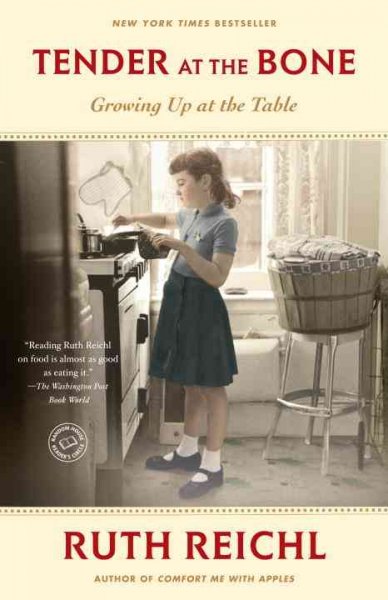Comps Tip #1: While studying for comps, my advisor gave me this invaluable piece of information and I now pass it on to you, padawan. Don't get lost in the world of the book to the extent that you lose track of its historicity. Books aren't written in vacuums, and to prove that you know your stuff (which is what comps exams are all about) you should be able to trace themes across time periods and place texts in their proper historical context.
Author: Willa Cather
Date: 1918
(Modern Period text)
Historical Context:
- 1915, 7 May. Lusitania is sink without warning, losing 1198 out of 1924 passengers. Although tensions run high even after Germany offer condolences, Wilson says, "There is such a thing as a man being too proud to fight." The U.S. demands reparations, but Germany delays.
- 1916, In Mexico, Pancho Villa kills 18 American mining engineers whom he has forced off a train. Two months later, he raids towns in New Mexico with a force of 1500 men, killing 17 Americans. General John Pershing pursues Villa across the border in a two-year unsuccessful effort to capture him.
- 1916, Mexican President Carranza orders U.S. troops out of Mexico.
- 1917, Wilson proposes "Fourteen Points" for peace in the world.
- Willa Cather writes My Antonia
- O. Henry award for the short story established
- 1918, Spanish Influenza sweeps across the nation, often spread by troops.
Plot Notes:
Jim Burden and Antonia's relationship as it progresses through the years. Life in a small town, rural life, cirty life. Male/Female life in these places. Class as related to the Farm Girls. Women's relationship with family as opposed to men (Lena provides for her mother, her brother does not). Constant theme of migration (everybody is technically alien here, because they all migrated from somewhere--be it elsewhere in the nation or in the world). Connection between "women" and "land"/"place." Sucess---the Bohemians are eventually much more successful than the anglo settlers because they are willing to do whatever it takes to make it. Portrayed varyingly as honorable and ugly/horrible.
Important Characters:
- Jim Burden
- Antonia Shimerda
- Lena Lingard
- Josiah/Grandfather Burden
- Emmaline Burden (grandmother)
- Otto Fuchs
- Jake Marpole
- Mr. and Mrs. Shimerda
- Ambrosch Shimerda
- Yulka
- Marek
- Russian Pavel
- Russian Peter
- Mr. Harling
- Francis Harling
- Mrs. Harling
- Larry Donovan
- Wick Cutter/his wife
- Widow Steavens
- Anton Jelinek
- Peter Krajiek
- Cuzak
Important Themes/Symbols:
The plow in the sun
Language/Culture/othering
Farm Girls vs. City Girls
Stength in Women--gender roles
Love/sex and reputation
Hard work, gendered work
text moves from country to city, text contains a sequential migration


